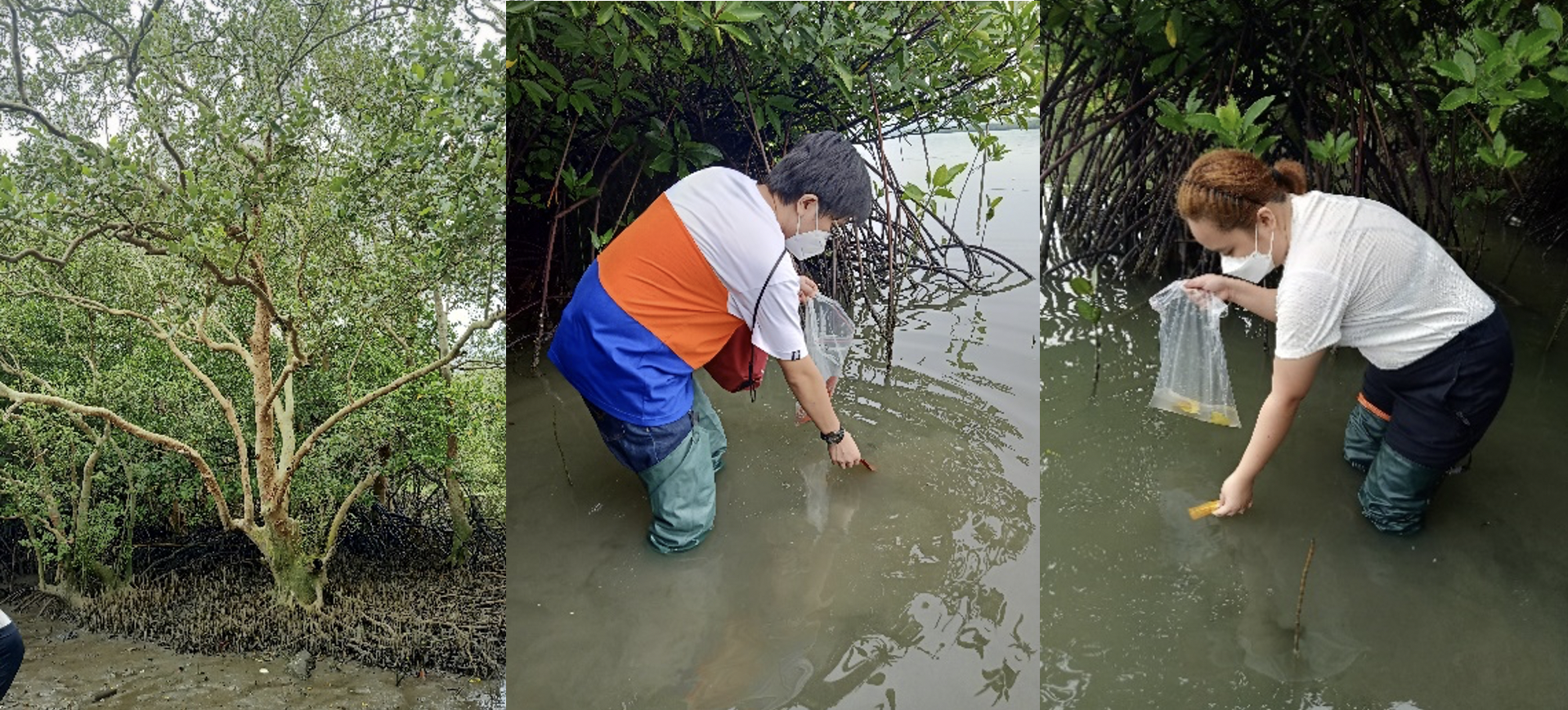Humans and aquaculture species derive their dietary intake of essential fatty acids mainly from marine fishes. Essential fatty acids are important in bodily functions of the heart, skin, and cognitive health. However, sources are limited. To address this, alternatives are being explored to enable the production of sufficient quantities of essential fatty acids.
Such alternatives are the aspired outputs of the Department of Science and Technology – Philippine Council for Agriculture, Aquatic and Natural Resources Research and Development (DOST-PCAARRD)-funded project, which aims to develop a microbial production system through biomass production with enhanced polyunsaturated fatty acids (PUFA) production in thraustochytrid biomass (TB). TB will be used as a substitute for animal or plant oil and as an alternative feed/ingredient to farmed fish and seafood products, thereby ensuring a more stable supply of essential fatty acid sources for humans.
Thraustochytrids are non-photosynthetic, heterotrophic marine microalgae. Aside from marine habitats, they are prevalent in estuarine environments, specifically in mangrove forests, where they are found abundantly on decaying mangrove leaves. These single-celled microorganisms are of biotechnological interest due to their ability to produce high concentrations of PUFA, such as the essential fatty acids docosahexaenoic acid (DHA) and eicosapentaenoic acid (EPA) in their biomass.
In other countries, thraustochytrids are cultivated using cheaper culture media, organic residues, and wastewater streams in food and beverage industries. This DOST-PCAARRD-funded project aims to adopt and produce the technology to contribute to the realization of the country’s own robust and sustainable fishery. As an added benefit, the project also uses improved wastewater treatment technology towards a zero-liquid waste discharge.
The project uses dairy wastes. These are dairy products that do not meet quality standards or are unfit for human consumption. These are usually treated for discharge to bodies of water due to their high levels of salinity and biochemical oxygen demand (BOD). Through this project, dairy wastewater will be used in carbon recycling systems to cultivate the fatty acid-rich thraustochytrids.
The 3-year collaborative research project, which started in April 2022, is being implemented by the University of the Philippines Los Baños and the University of the Philippines Visayas as part of the e-Asia Joint Research Program, together with Hiroshima University, Japan and Institut Teknologi Sepuluh Nopember, Indonesia. The team was previously headed by Dr. Veronica P. Migo in its first year, and currently led by Dr. Jewel A. Capunitan from the Department of Chemical Engineering, College of Engineering and Agro-Industrial Technology, University of the Philippines Los Baños.

